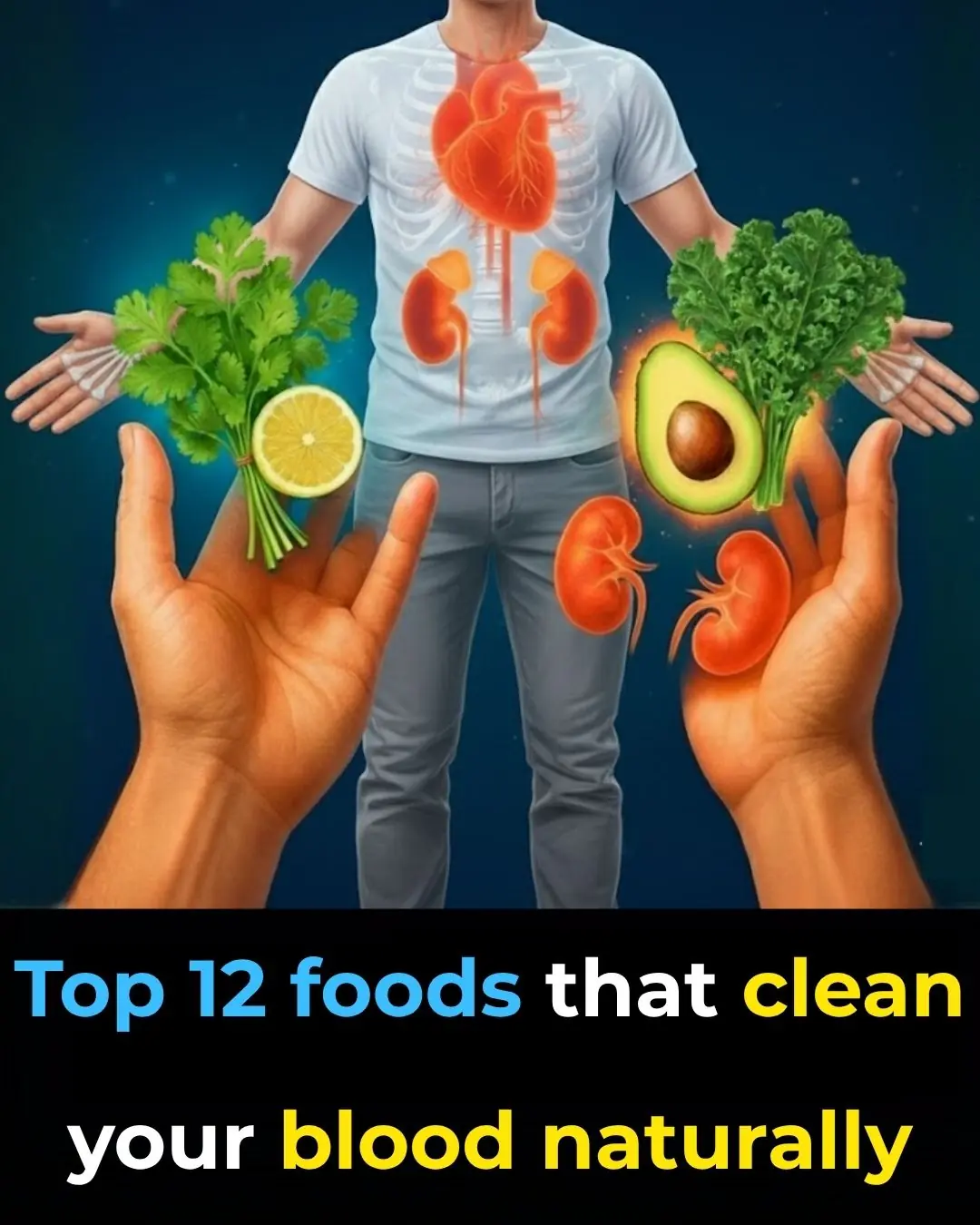
Should you eat sprouted potatoes or not?
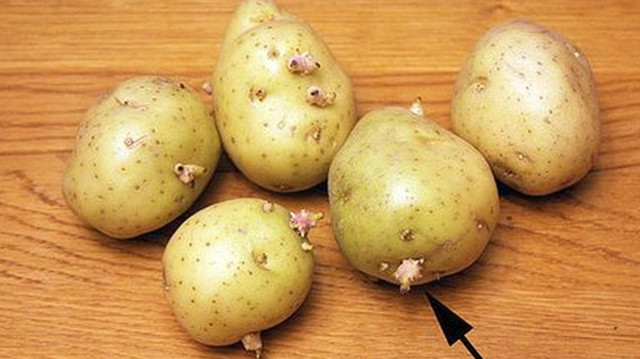
When a potato begins to sprout, it’s not just showing its age — it’s activating a natural defense system. What looks like a few harmless shoots is actually the plant’s way of protecting itself from threats in nature.
🌿 The Science Behind It
Potatoes naturally produce chemical compounds called glycoalkaloids, mainly solanine and chaconine. These substances help defend the tuber against insects, mold, and hungry animals. Unfortunately, these same compounds are toxic to humans when consumed in high amounts.
Under normal conditions, a fresh, firm potato contains only a tiny, safe amount of glycoalkaloids. But when the potato is exposed to light, kept in a warm or humid environment, or starts to sprout, the concentration of these toxins rises sharply — especially around the eyes, sprouts, and green skin.
You might notice a greenish tint developing on the surface. That green color is chlorophyll, which forms with light exposure. While chlorophyll itself isn’t harmful, it’s a clear warning sign that the potato’s toxin levels have increased.
⚠️ What Happens If You Eat Sprouted Potatoes
Even a small serving of sprouted or green potatoes can lead to symptoms of solanine poisoning, depending on how much toxin has built up.
Mild Effects:
-
Nausea
-
Stomach cramps
-
Vomiting
-
Diarrhea
-
A bitter or burning taste in the mouth
These symptoms appear because solanine irritates the stomach lining and interferes with the body’s nervous system.
Moderate Effects:
-
Fever
-
Dizziness
-
Slowed heartbeat
-
Weakness
-
Confusion
At this level, glycoalkaloids begin to disrupt nerve and muscle function, making it harder for the body to regulate normal activity.
Severe Effects:
-
Hallucinations
-
Difficulty breathing
-
Paralysis
-
Coma (in extreme poisoning)
-
Rarely, death — especially in children, the elderly, or those with weakened immunity
Even small doses eaten repeatedly over time can cause chronic toxicity, leading to persistent digestive discomfort, fatigue, and even nerve damage.
🥔 Can Sprouted Potatoes Be Saved or Eaten Safely?

It depends on how much the potato has changed.
✅ Safe to eat:
If the potato is still firm, with short sprouts and no green discoloration, you can eat it — but only after cutting off all sprouts and at least 1 cm (½ inch) of the surrounding area. That’s where solanine tends to concentrate.
❌ Not safe:
If the potato feels soft, wrinkled, or discolored, or has green patches, throw it away immediately. The green areas signal excess light exposure, which means solanine levels are likely high.
Important: Cooking methods like boiling, frying, or baking do not destroy solanine. The toxin is heat-stable, so even well-cooked potatoes can remain unsafe if they’ve sprouted too much.
🧺 How to Store Potatoes and Prevent Sprouting
Proper storage keeps your potatoes fresh and toxin-free for longer.
-
Keep them in a cool, dark, dry place — ideally 7–10°C (45–50°F).
-
Avoid refrigeration, as cold converts starches into sugars. This not only changes flavor but also promotes toxin formation during cooking.
-
Store potatoes separately from onions. Onions release gases that speed up sprouting.
-
Check your potatoes regularly, and remove any that are sprouting to prevent the spread to others.
-
Try to use potatoes within 3–4 weeks of purchase for the best taste and lowest risk.
You can also store potatoes in a paper bag or ventilated basket to keep air circulating — plastic bags trap moisture and accelerate spoilage.
🩺 Why It Matters
Solanine poisoning is rare today, but it still occurs when people overlook the warning signs of sprouting or greening. These toxins are resistant to heat and digestion, and they affect both the digestive and nervous systems.
Potatoes are a nutritious food when fresh — rich in vitamin C, potassium, fiber, and antioxidants. But once they start to sprout, their nutritional value drops while their risk increases.
In short, if you’re ever unsure whether a potato is safe to eat, err on the side of caution. Your health is worth far more than saving a single potato.
Remember: When in doubt, throw it out.
News in the same category

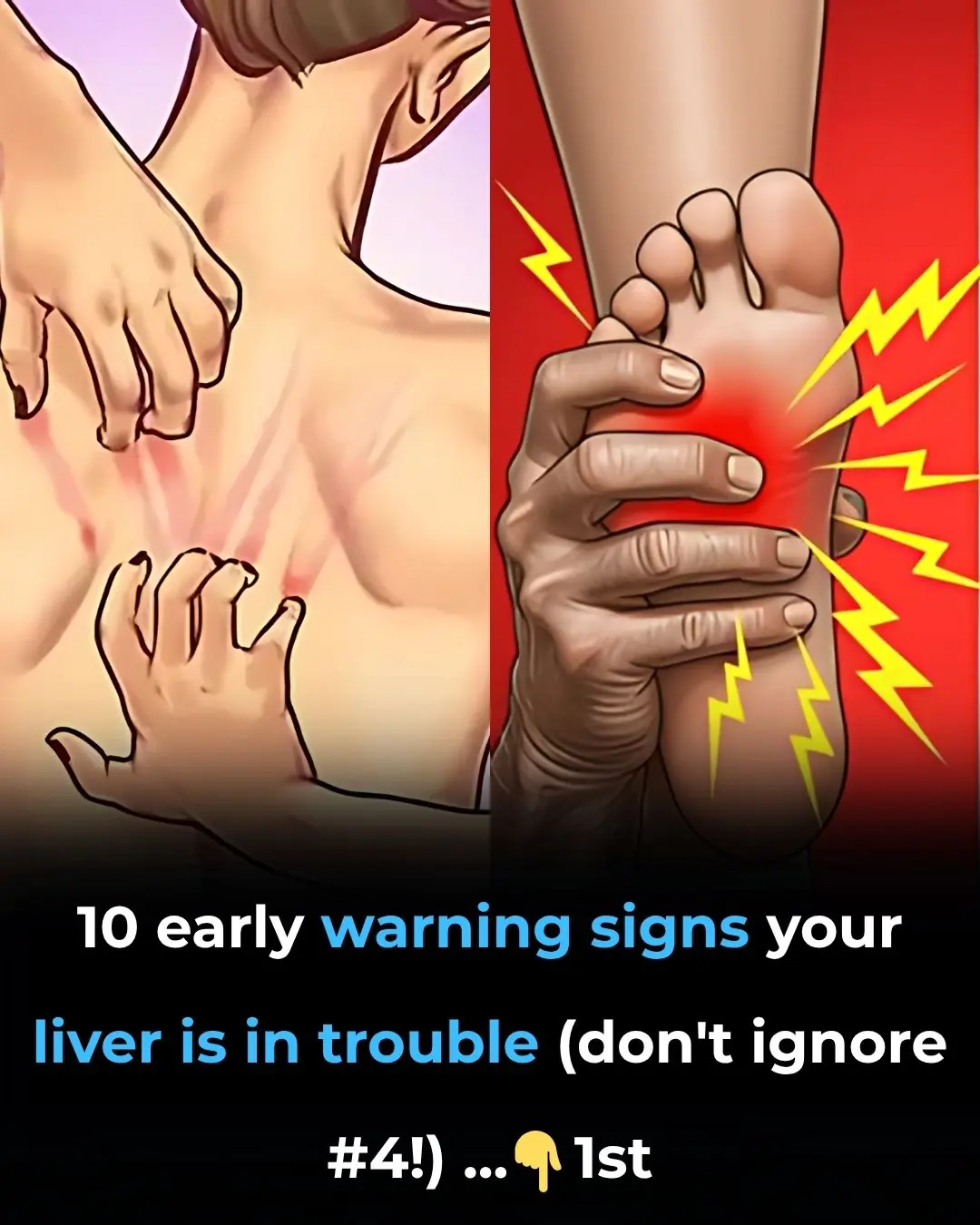
10 early warning signs your liver is in trouble (don’t ignore #4!)
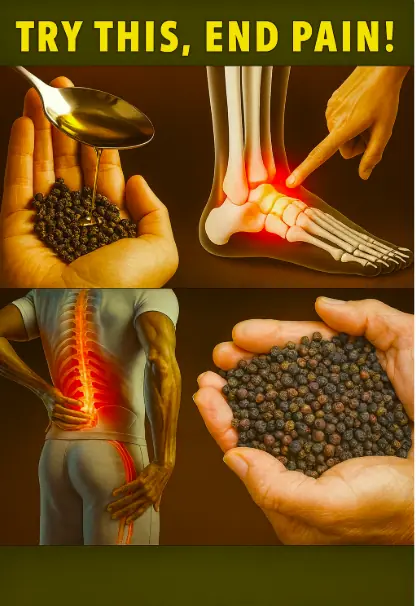
Old Doctors’ Secret: Mix Olive Oil + Black Pepper to Fix 11 Problems After 60 — See Results in 1 Week
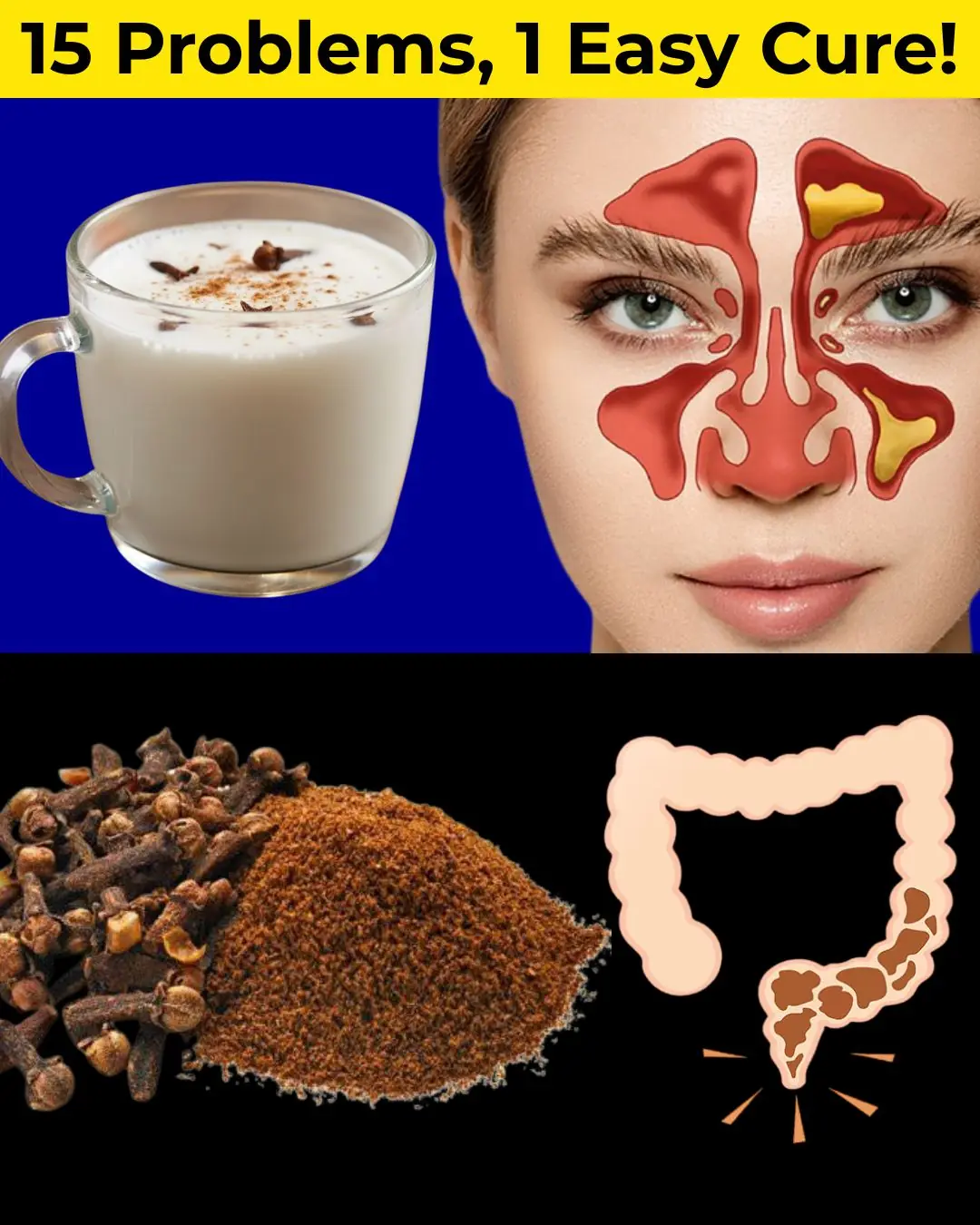
🌿 The Forgotten Healing Drink Making a Powerful Comeback
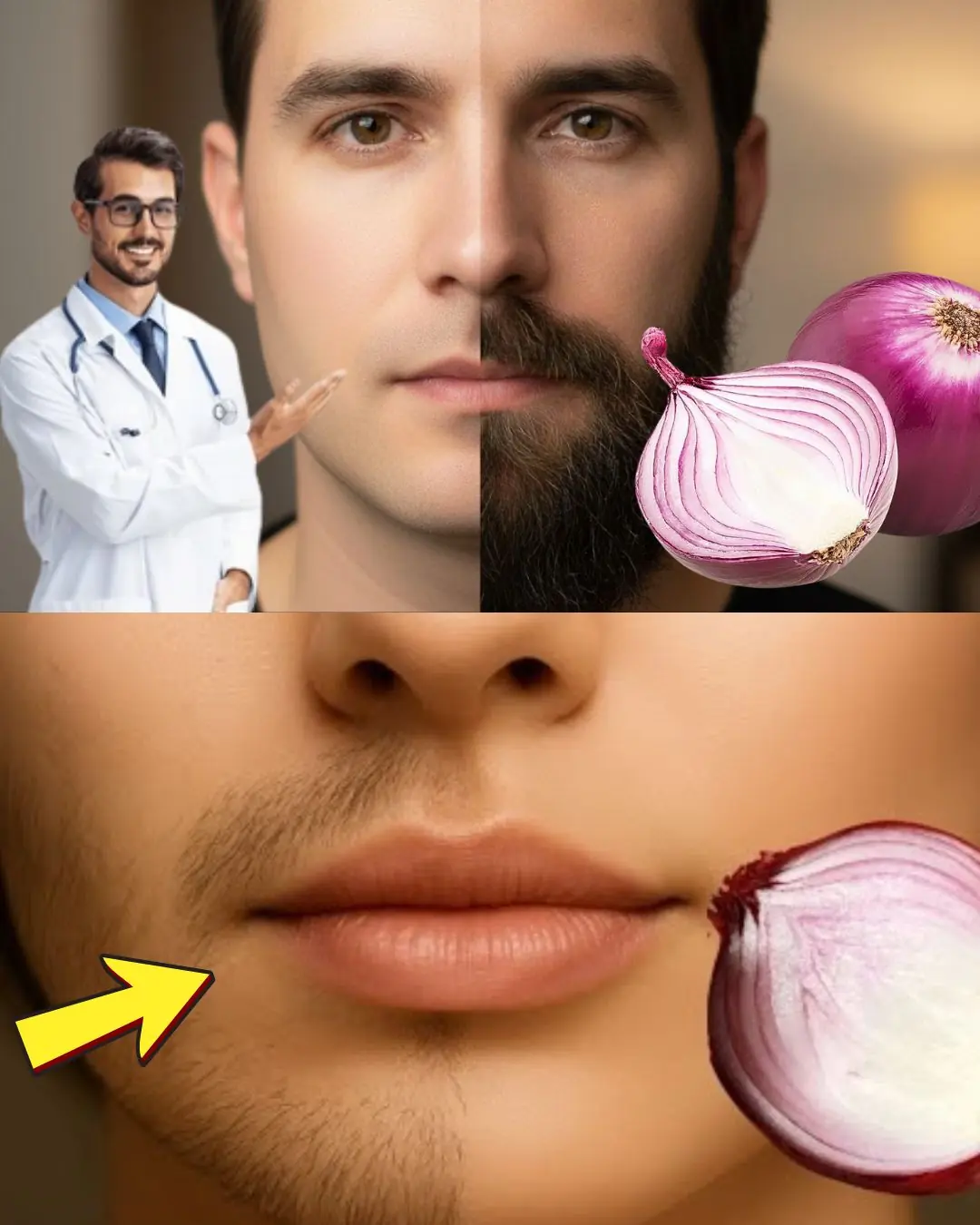
You’ll NEVER Shave the Same Again After Seeing This Onion Trick

Don’t Drink Coconut Water Before You Know These 11 Secrets!
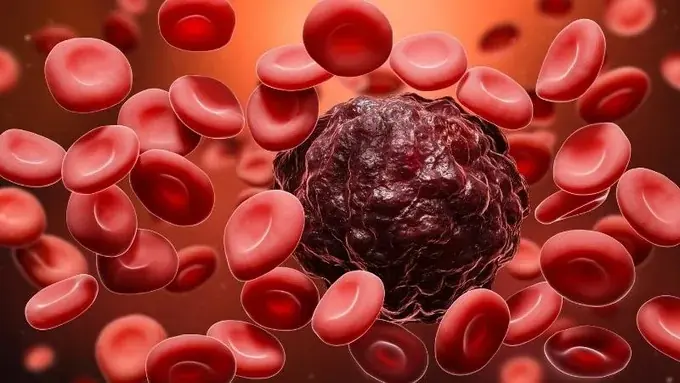
Expert, 95 Years Old with 60 Years of Cancer Research Reveals: You Must Avoid These 4 Things So Cancer Doesn’t Come Knocking
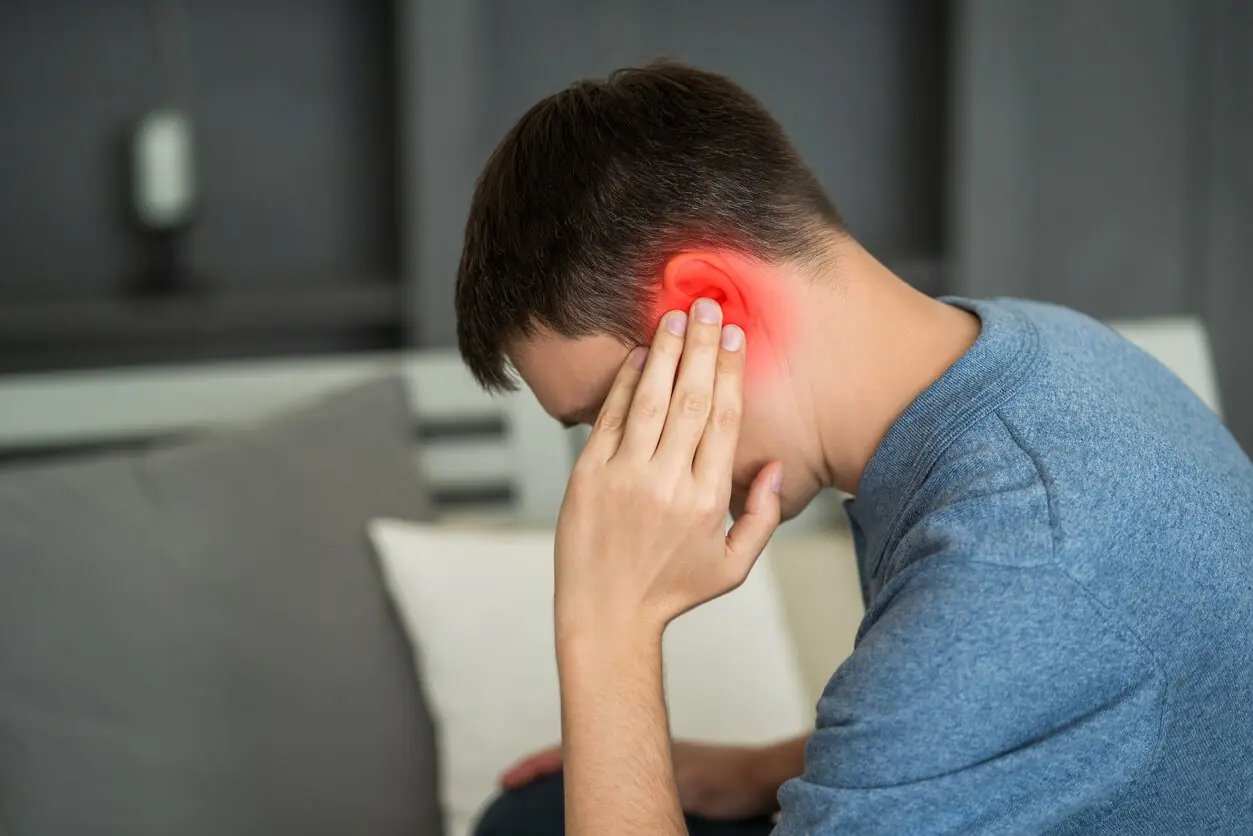
Sharp Pain in Ear: Causes, Treatments and When to See a Doctor
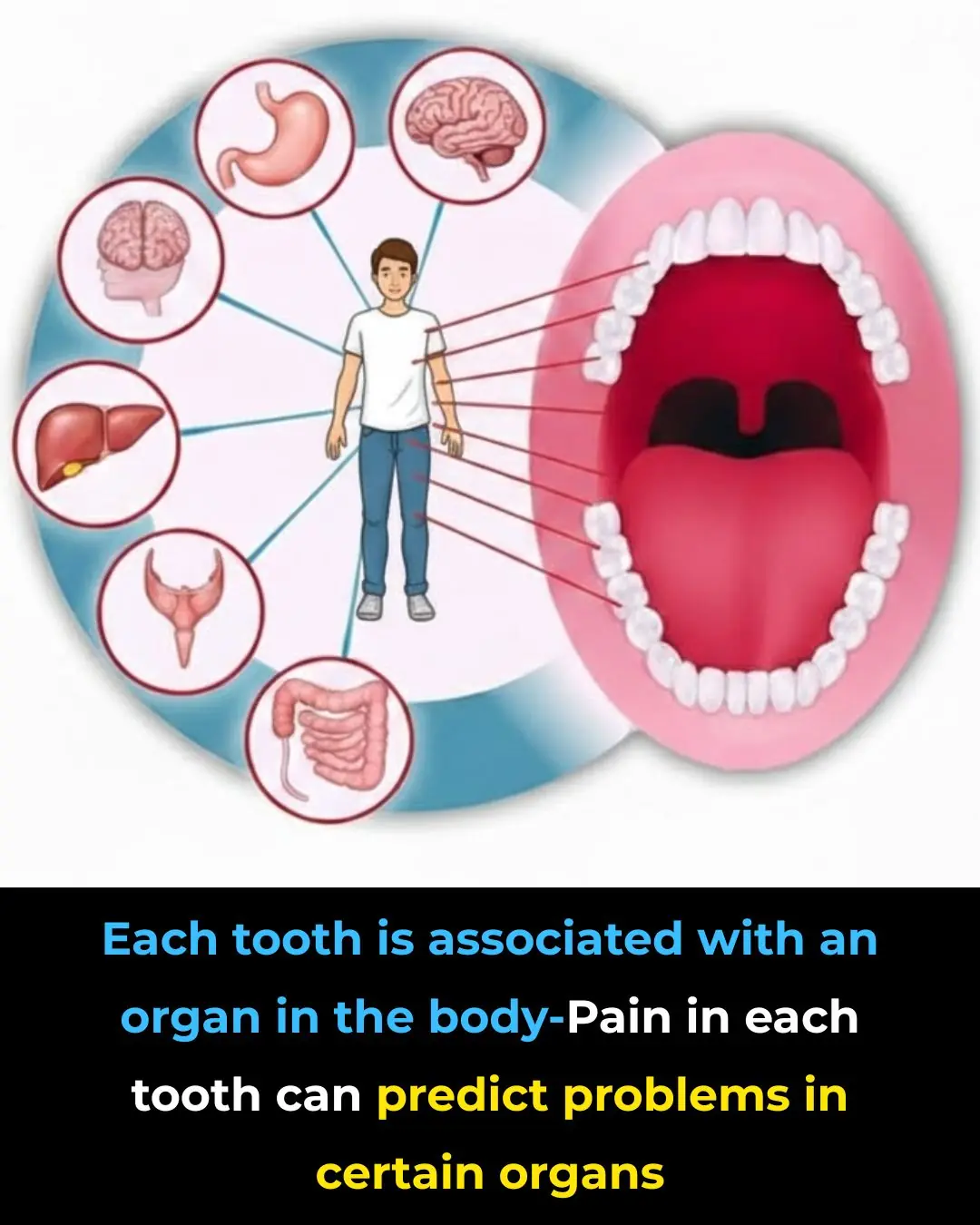
Each Tooth Is Associated With An Organ In The Body – Pain In Each Tooth Can Predict Problems In Certain Organs

Amazing vitamin can help stop cancer growth and this is how much you need
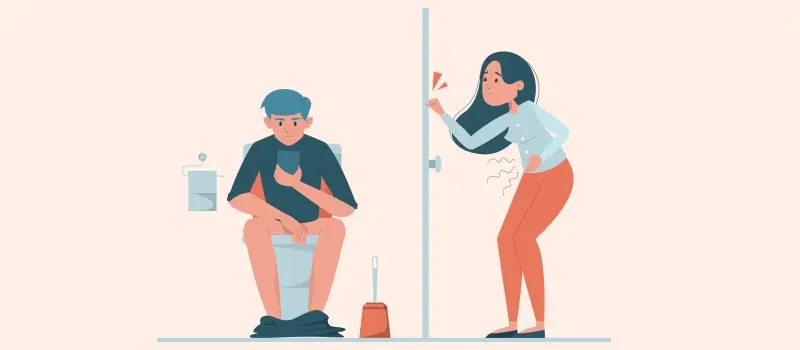
THE BEST HOME REMEDIES THAT END CONSTIPATION FAST AND NATURALLY
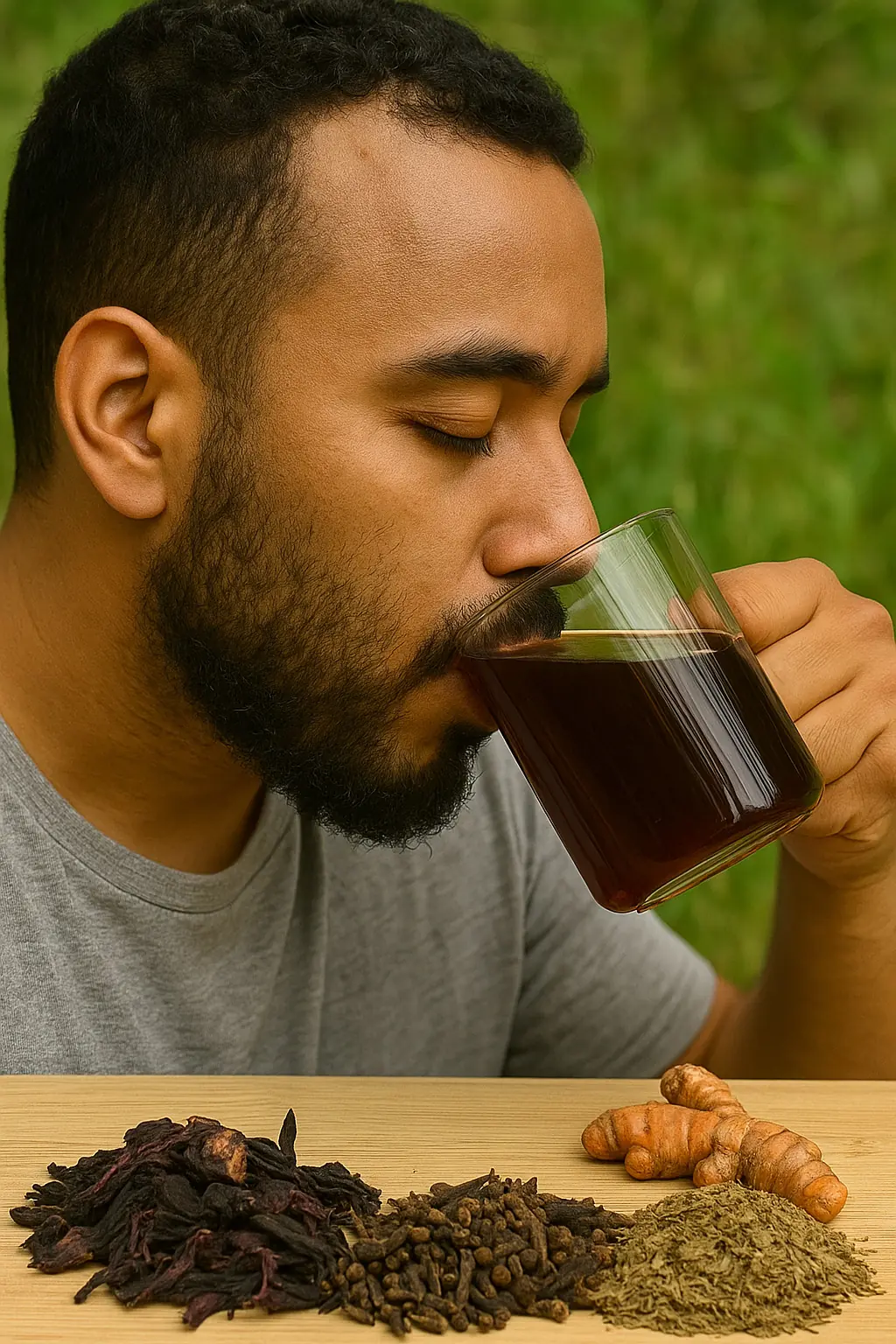
Say Goodbye to Diabetes, Fatty Liver, and Joint Pain with This Powerful Remedy!
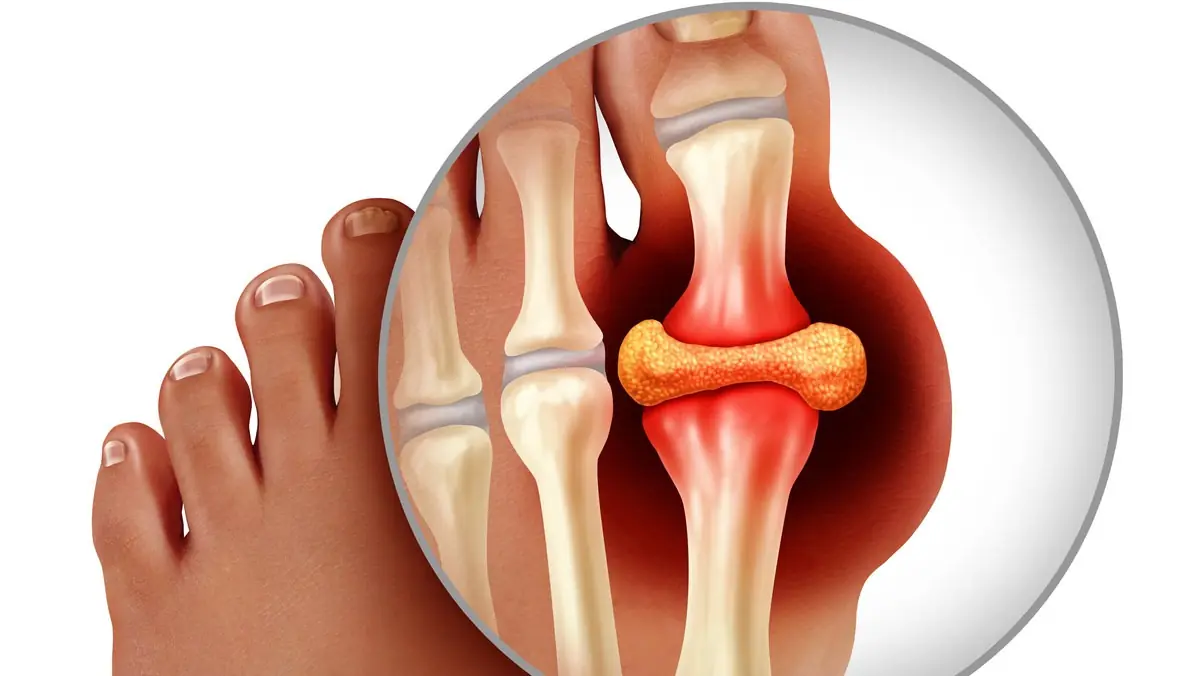
HIGH URIC ACID? SEE THE WARNING SIGNS & RELIEF TIPS
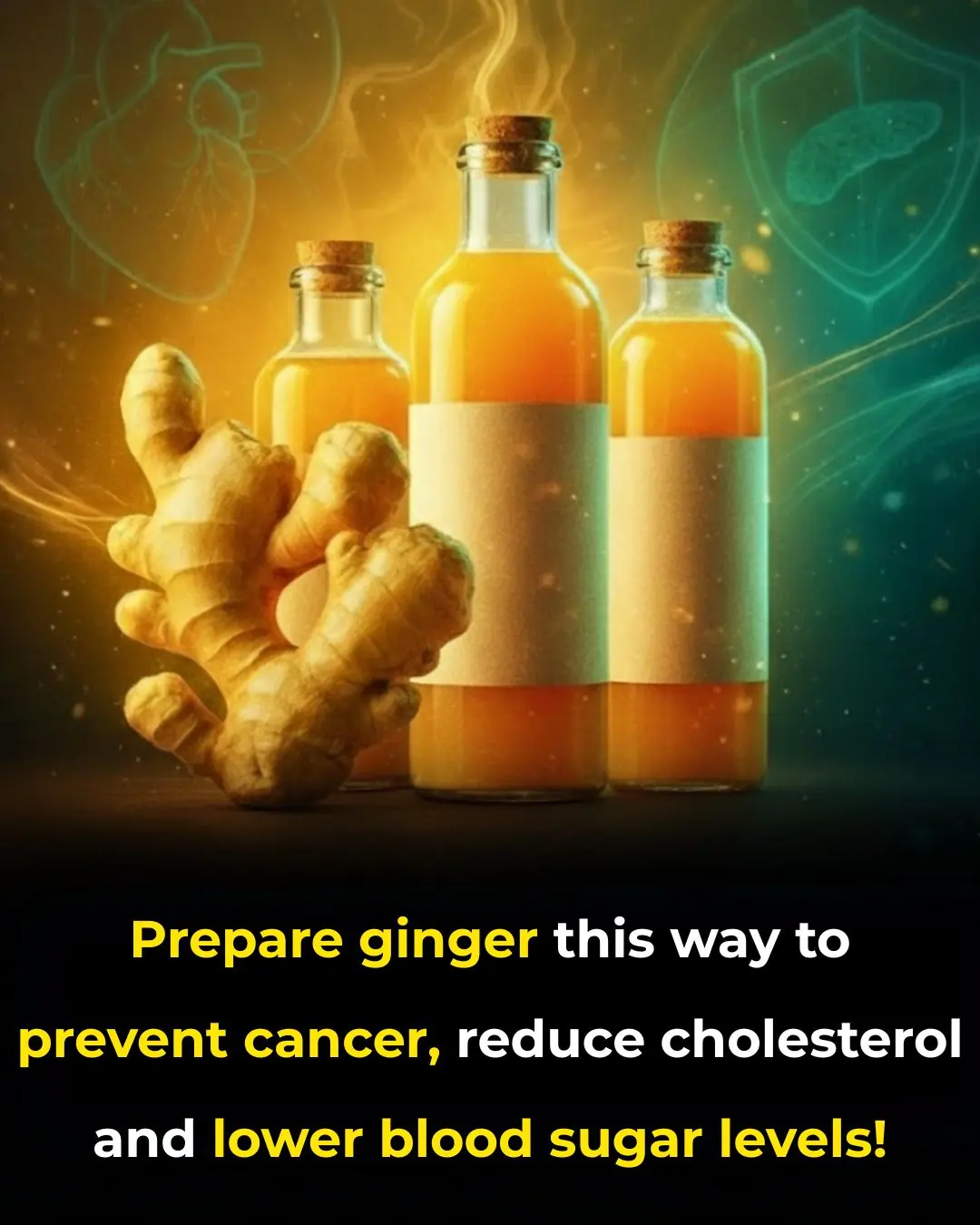
Prepare ginger this way to prevent cancer, reduce cholesterol and lower blood sugar levels!
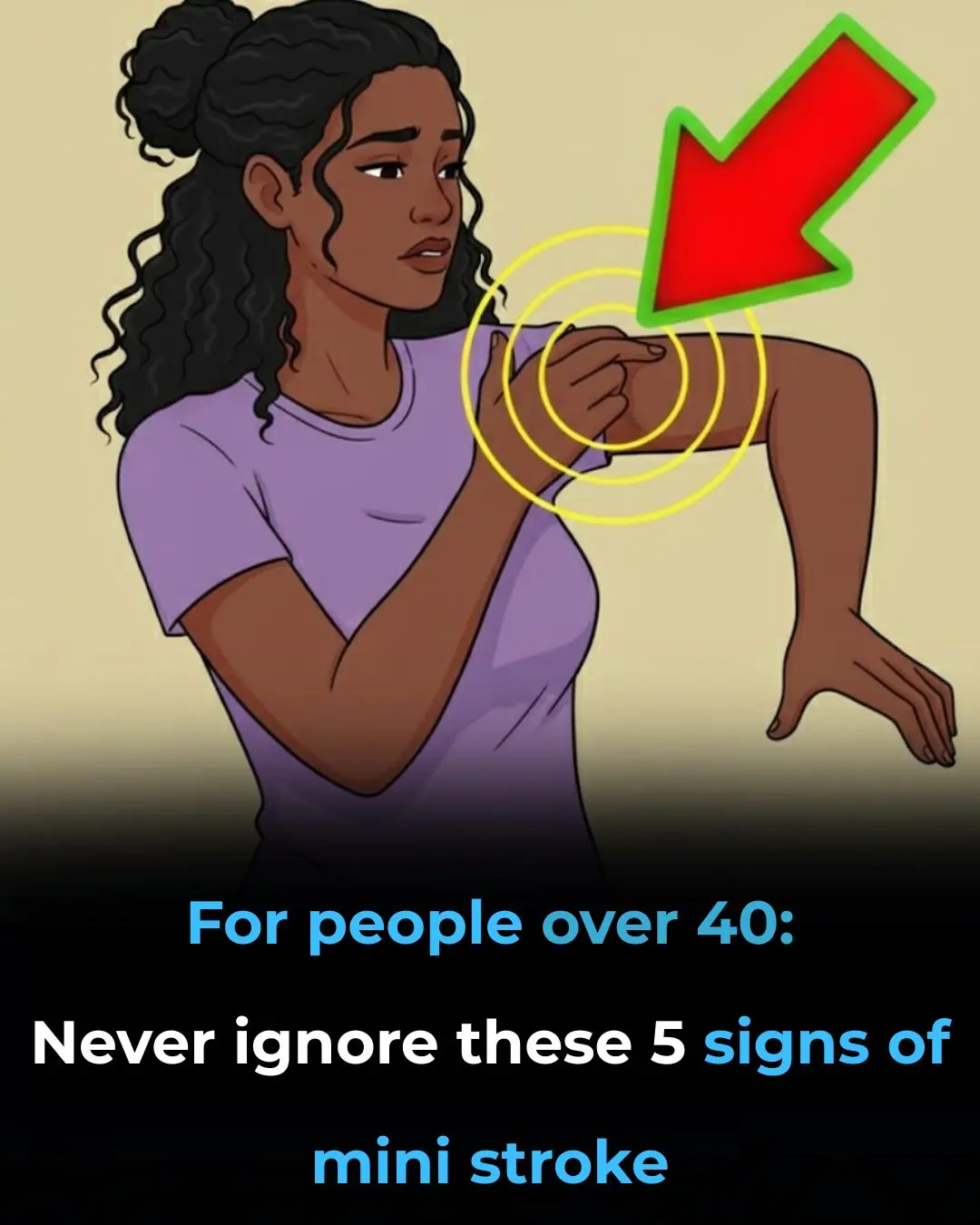
Mini Stroke in People Over 40
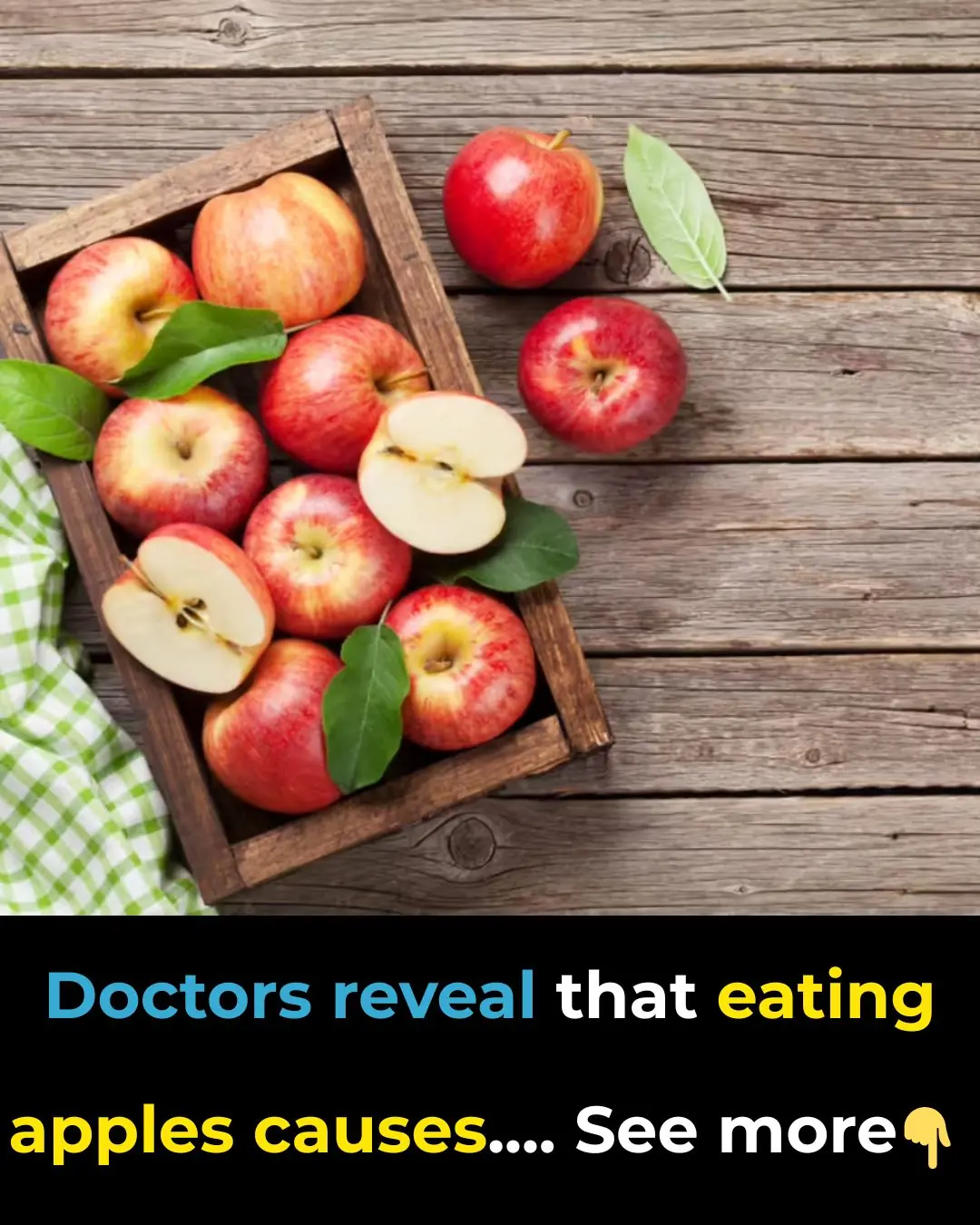
Doctors reveal that eating APPLES causes...
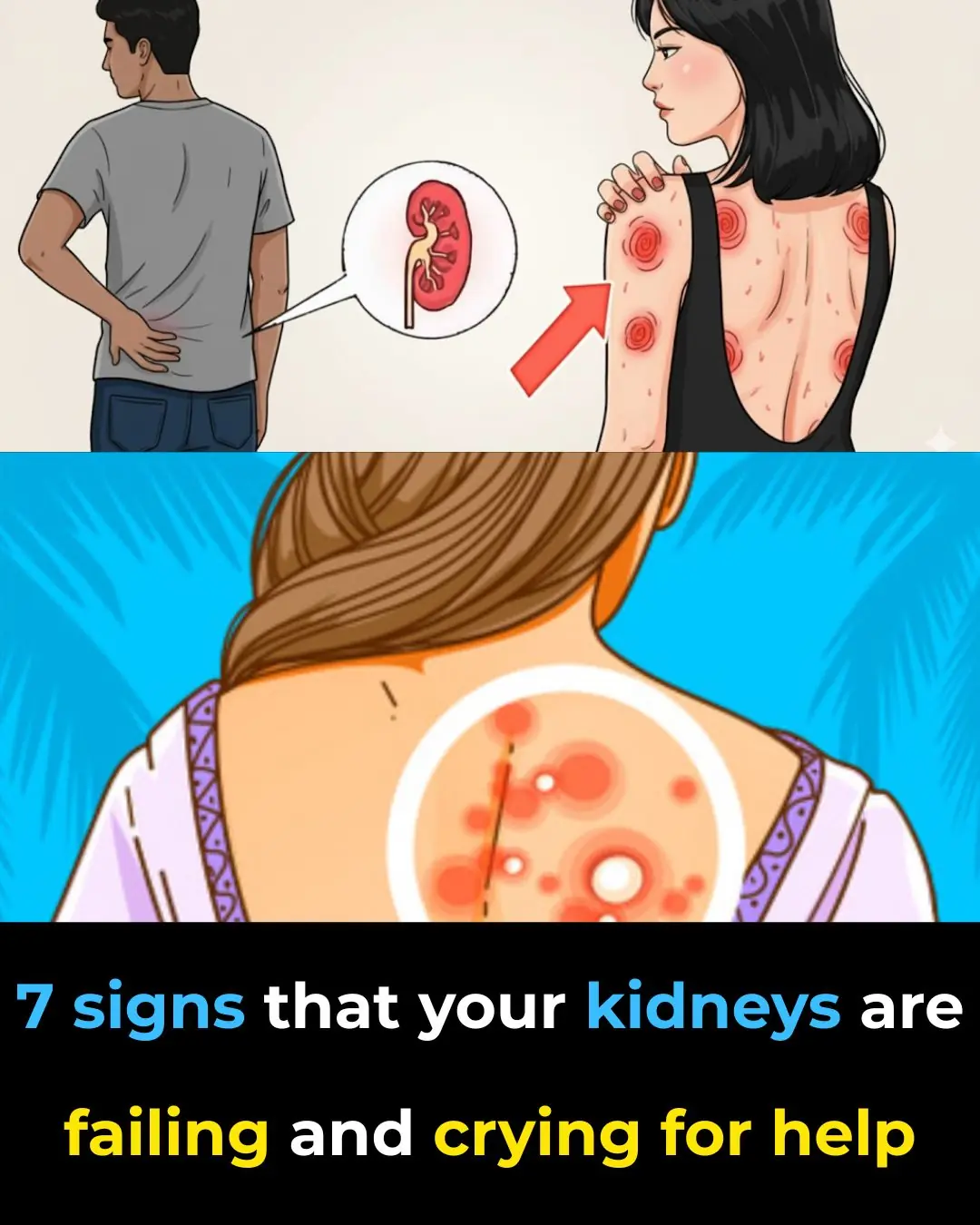
ALERT! 7 Early Signs Your Kidneys Are Crying for Help

Why You Shouldn’t Pluck Your Nose Hairs
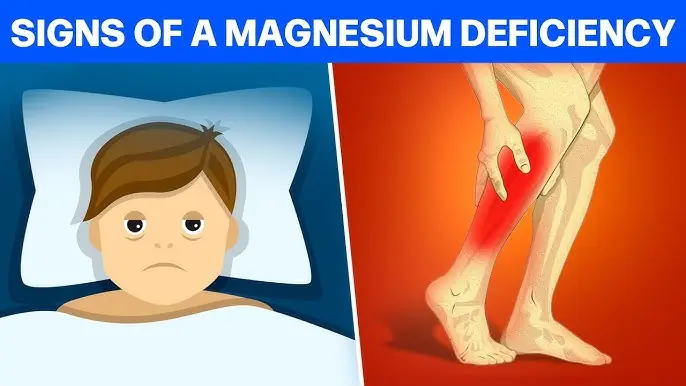
Top 15 Bizarre Signs of Magnesium Deficiency You Need to Know
News Post

Collagen booster night cream!!

How China is Reshaping Online Influence Through New Rules
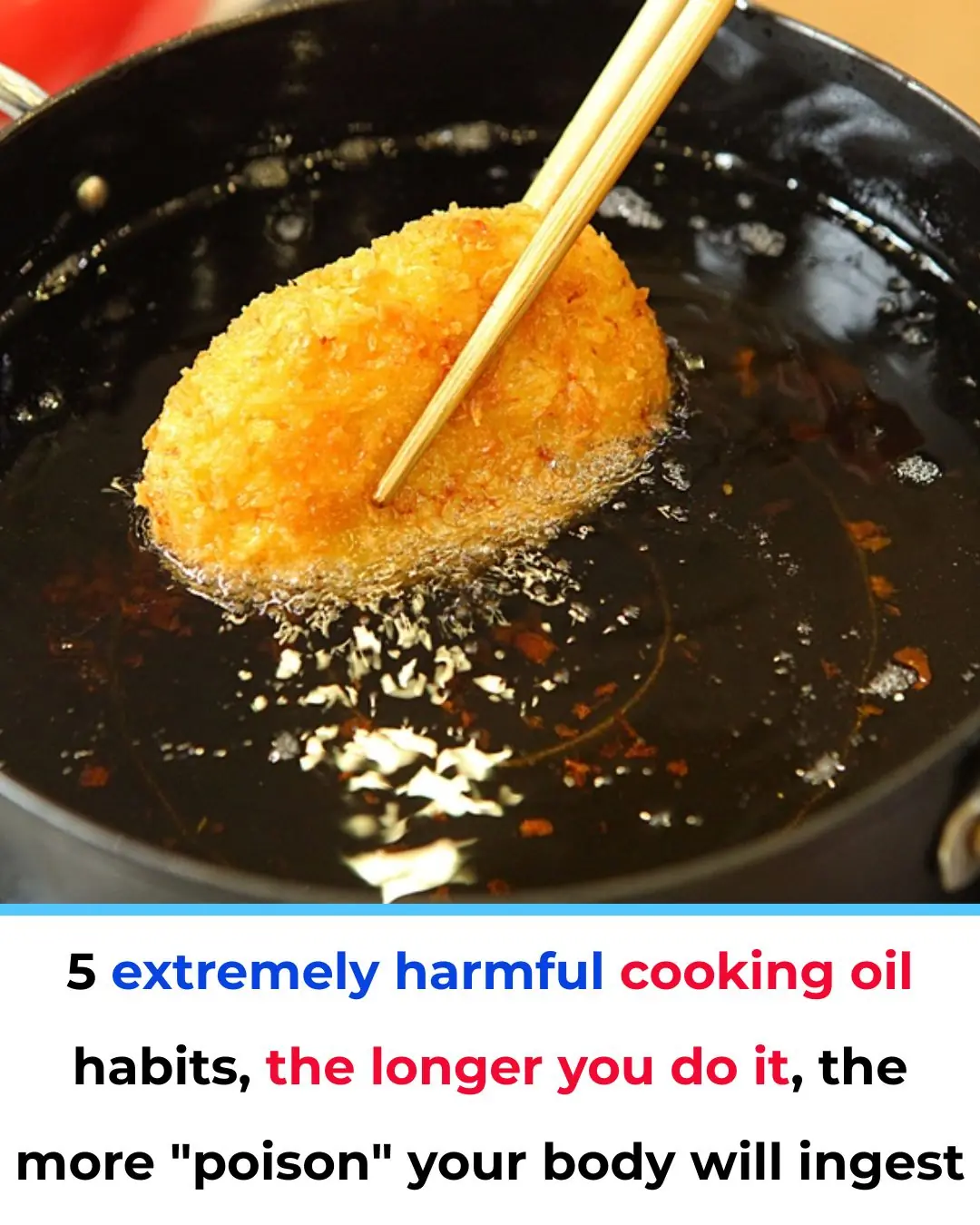
5 Extremely Harmful Cooking Oil Habits That Slowly Poison Your Body
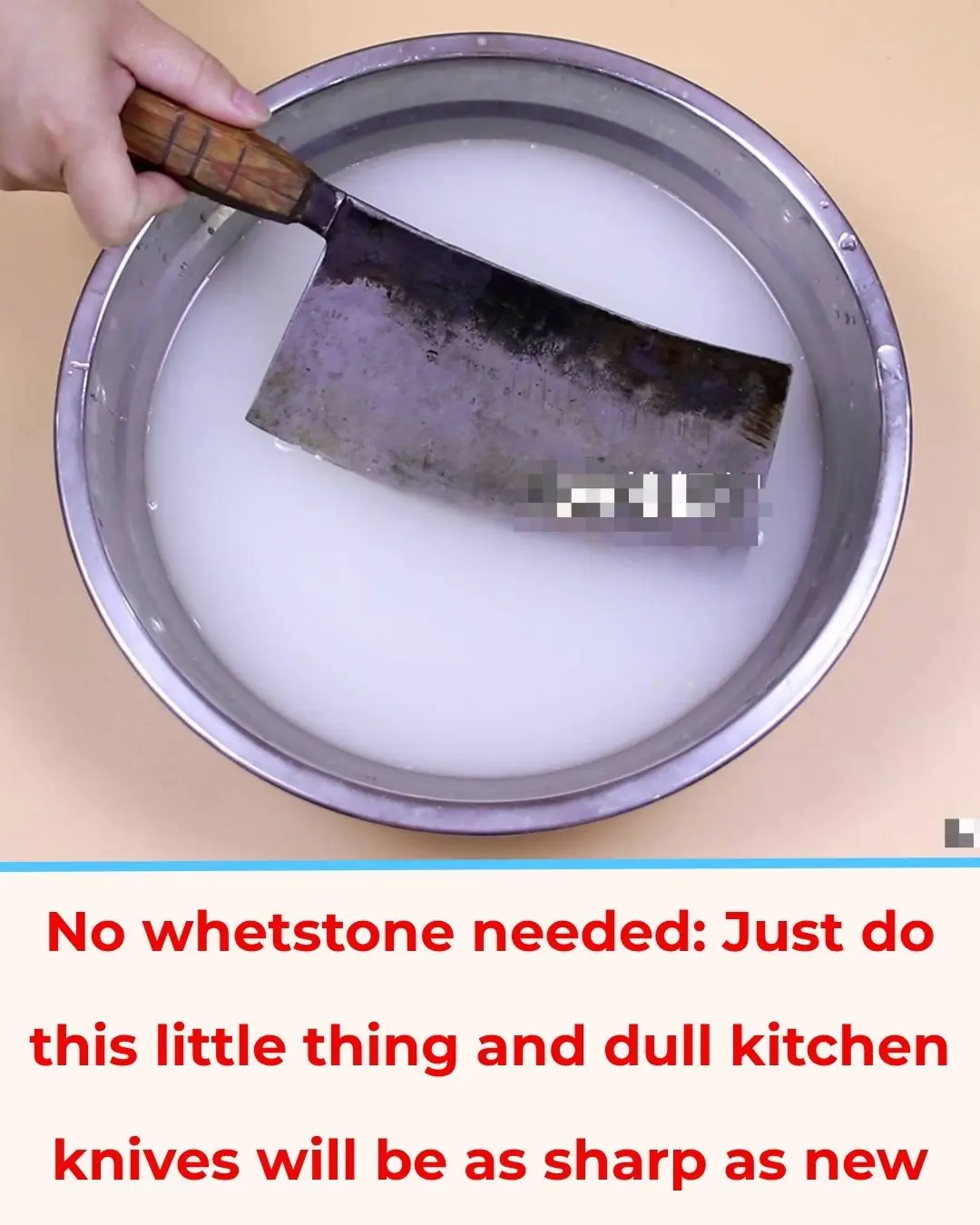
No Need for a Sharpening Stone: Just One Simple Trick to Make Your Dull Kitchen Knife as Sharp as New

My nana taught me this hack to make hair shiny in 3 mins with 0 work. Here’s how it works
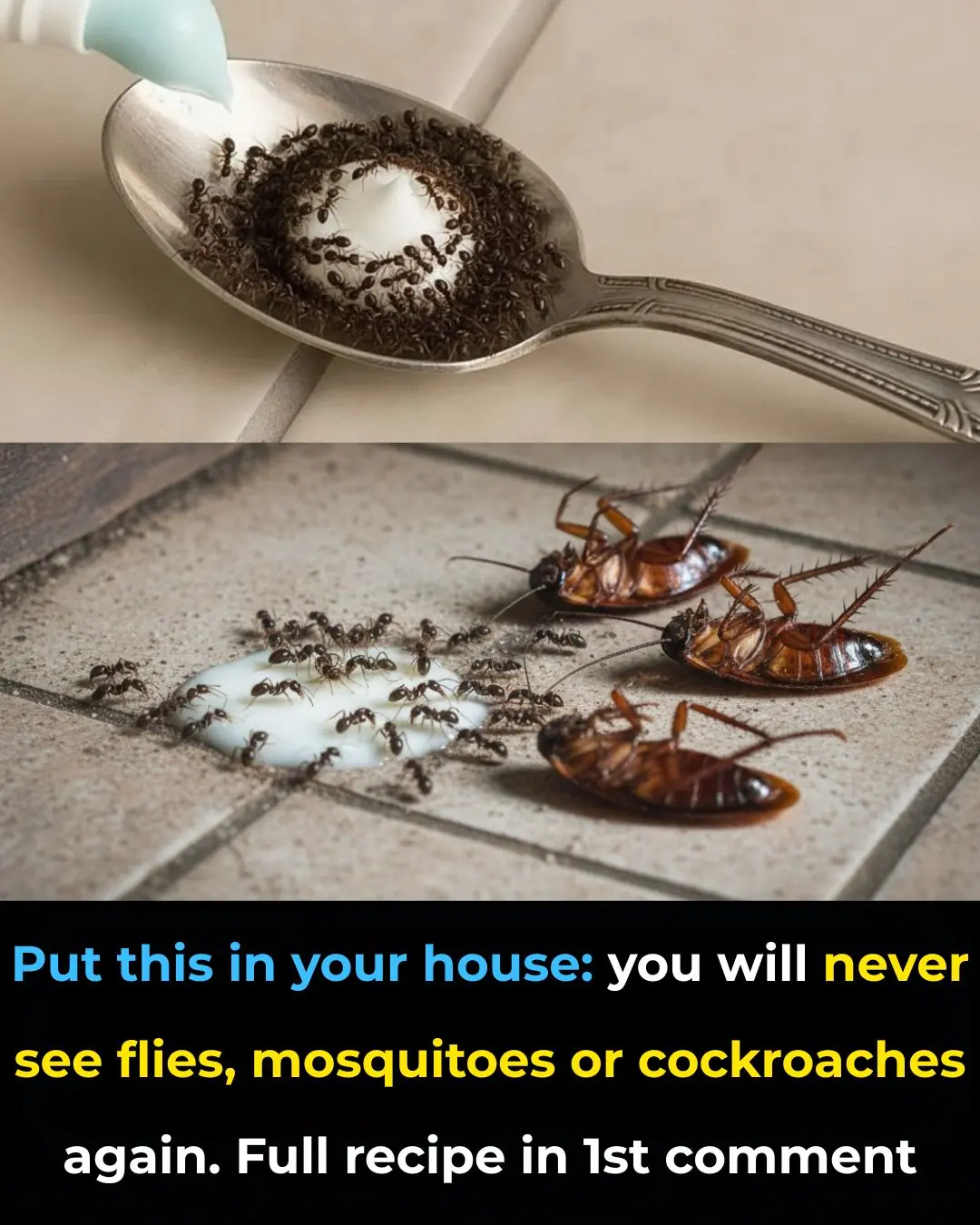
🕷️ Say Goodbye to Pests: A Natural Bathroom Trick That Helps Repel Insects
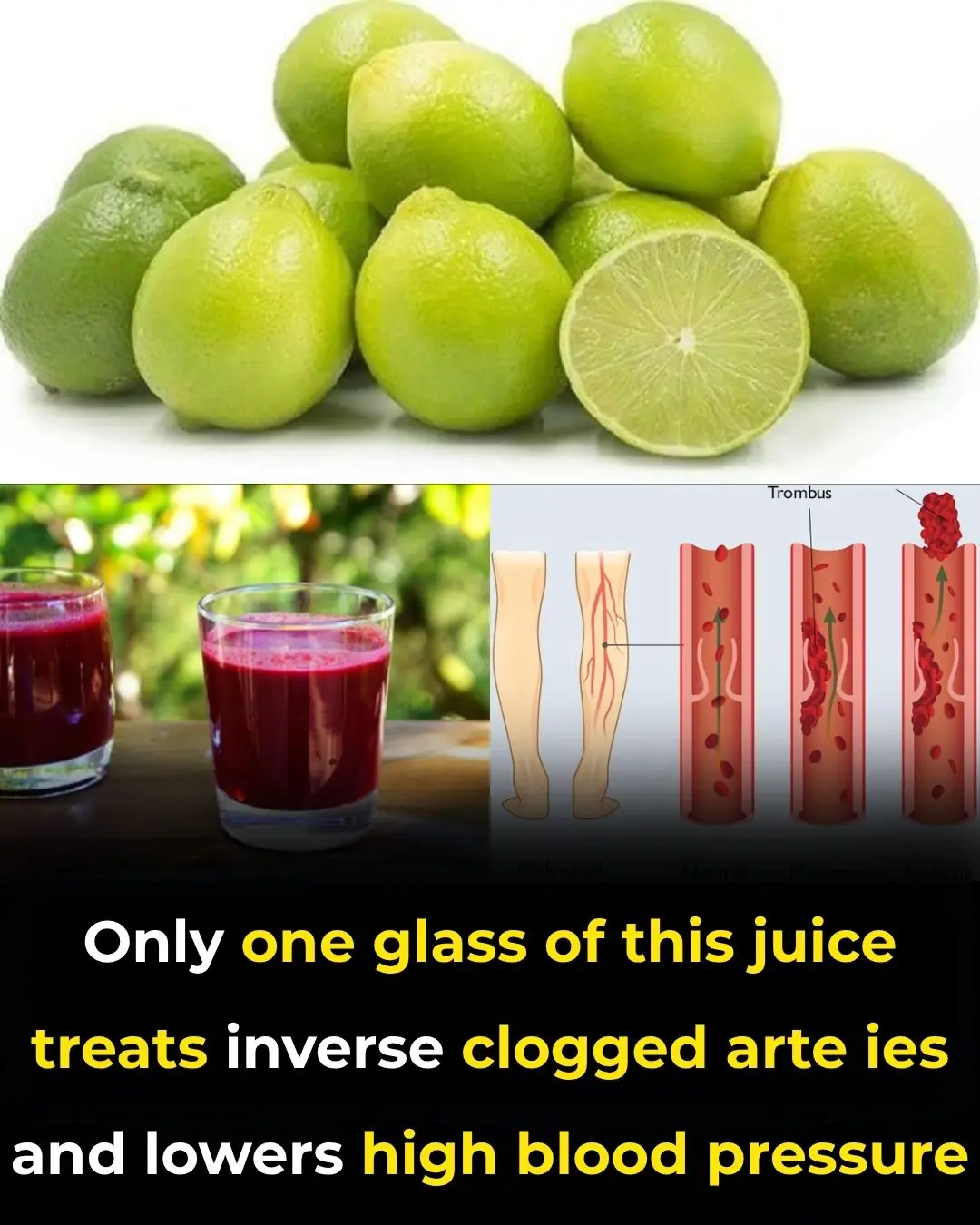
Powerful Beetroot and Lemon Juice: Your Natural Ally Against Hypertension

Top 12 foods that clean your blood naturally

10 early warning signs your liver is in trouble (don’t ignore #4!)
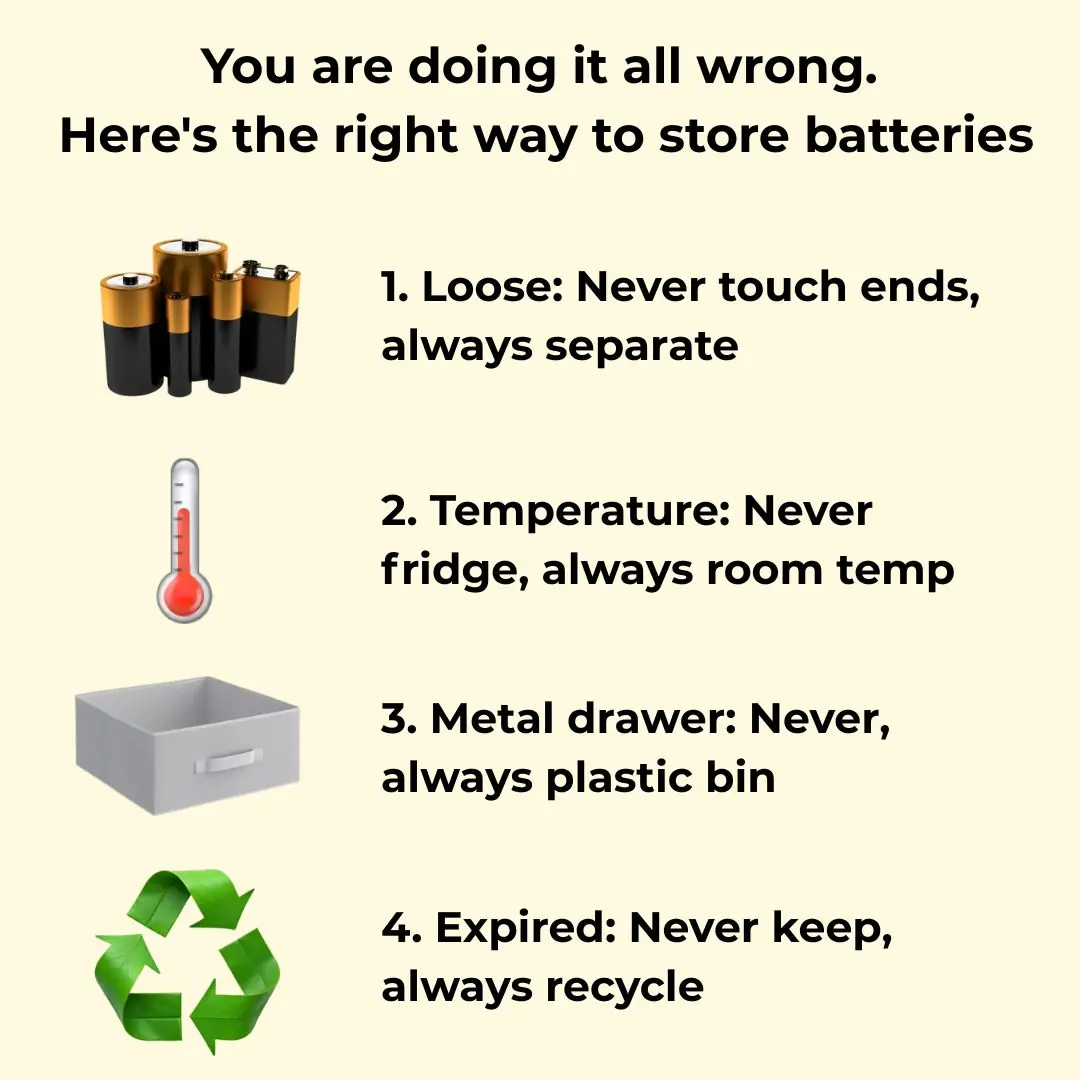
You are doing it all wrong. Here’s the right way to store batteries

Haven't heard that before

My nana taught me this hack to remove oven grease in 4 mins with 0 work. Here’s how it works

The Final Sound: What the “Death Rattle” Really Means in the Last 24 Hours of Life
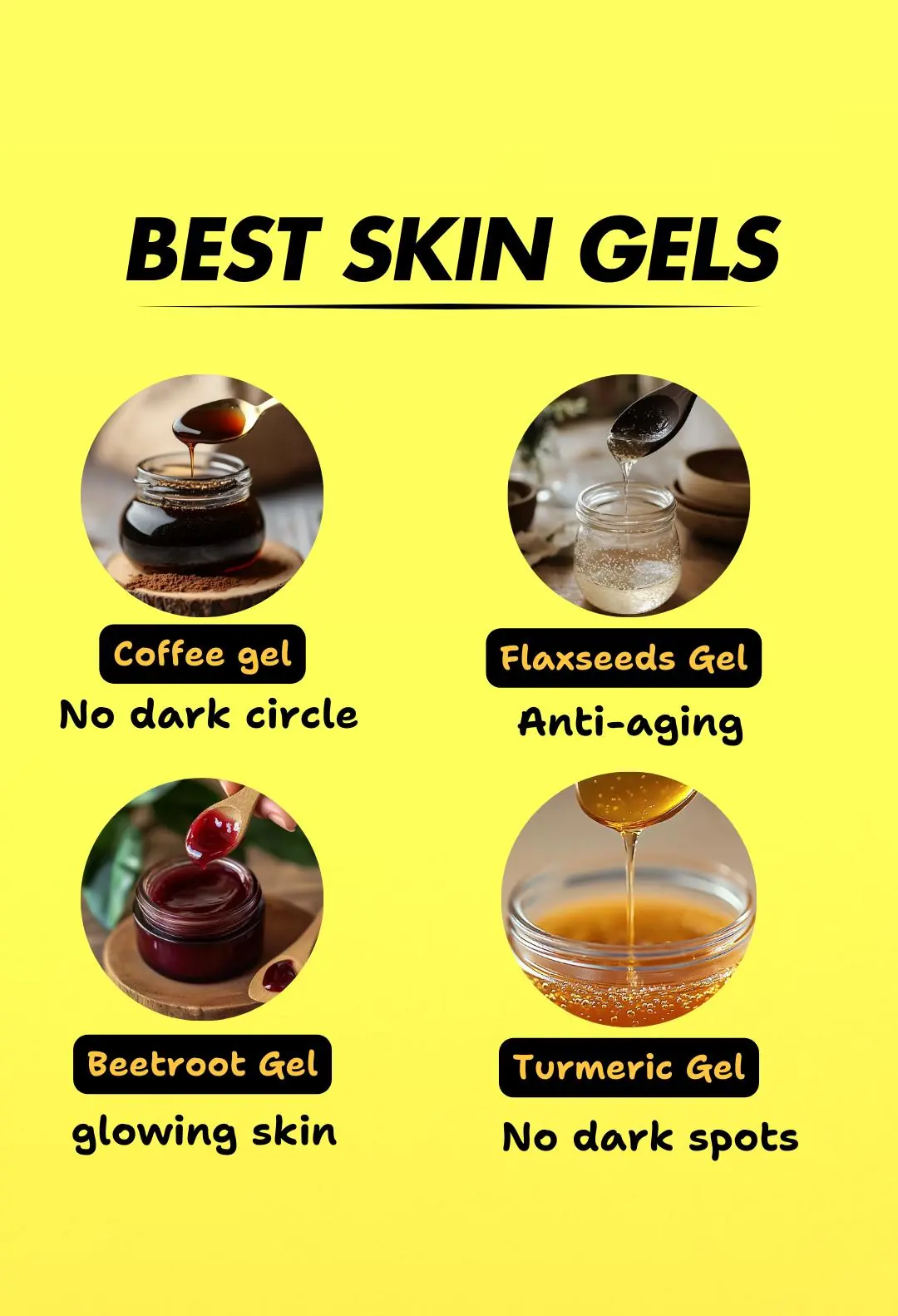
Coffee Gel For Eye Wrinkles
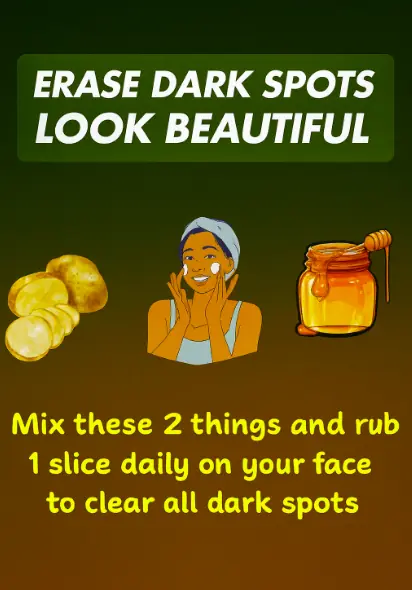
4 Effective Ways to Fade Dark Spots Using Potatoes
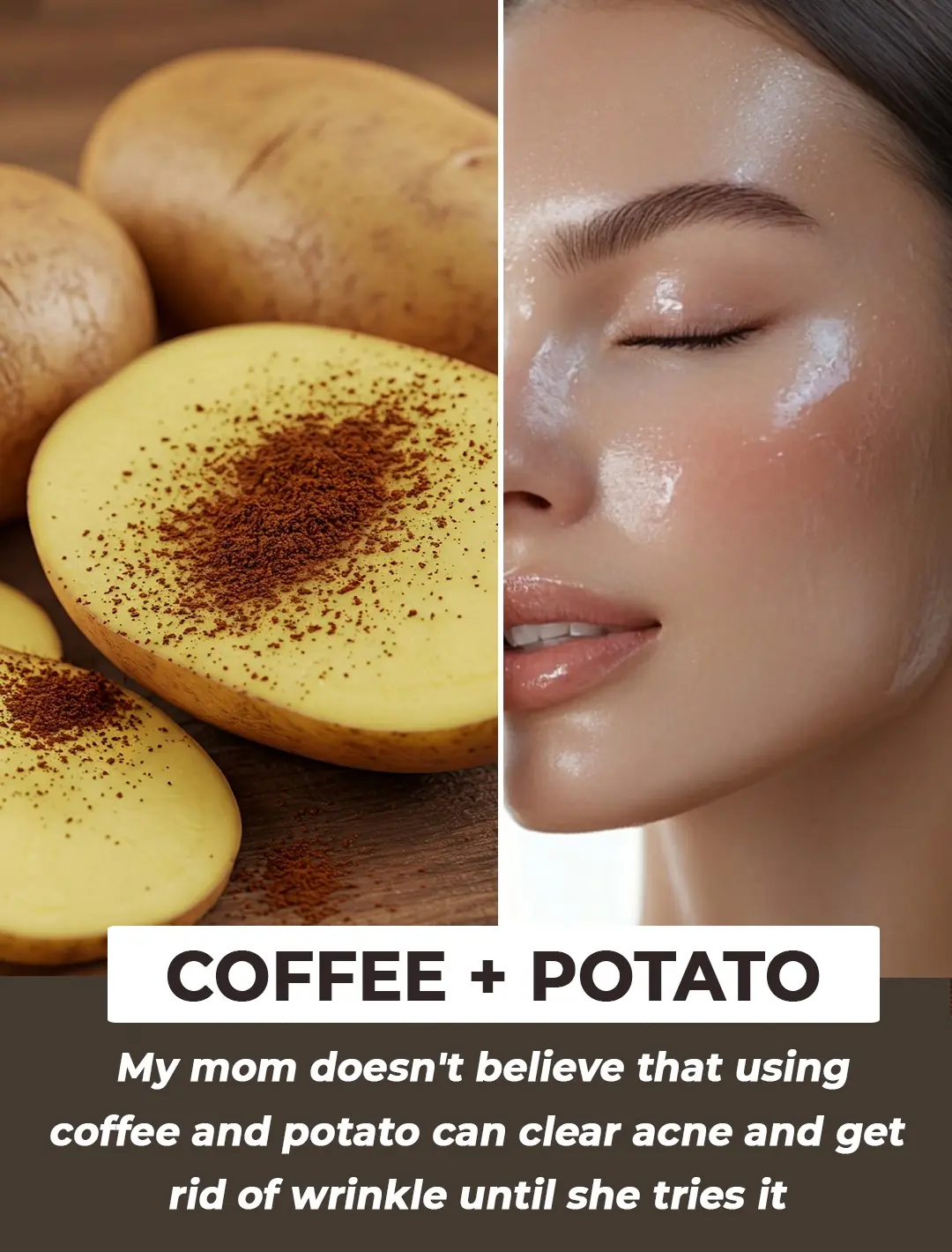
Add potato to coffee to get rid of wrinkles in just 1 week

The DIY anti-ageing cream that is very effective to get rid of wrinkles and fine lines on your face
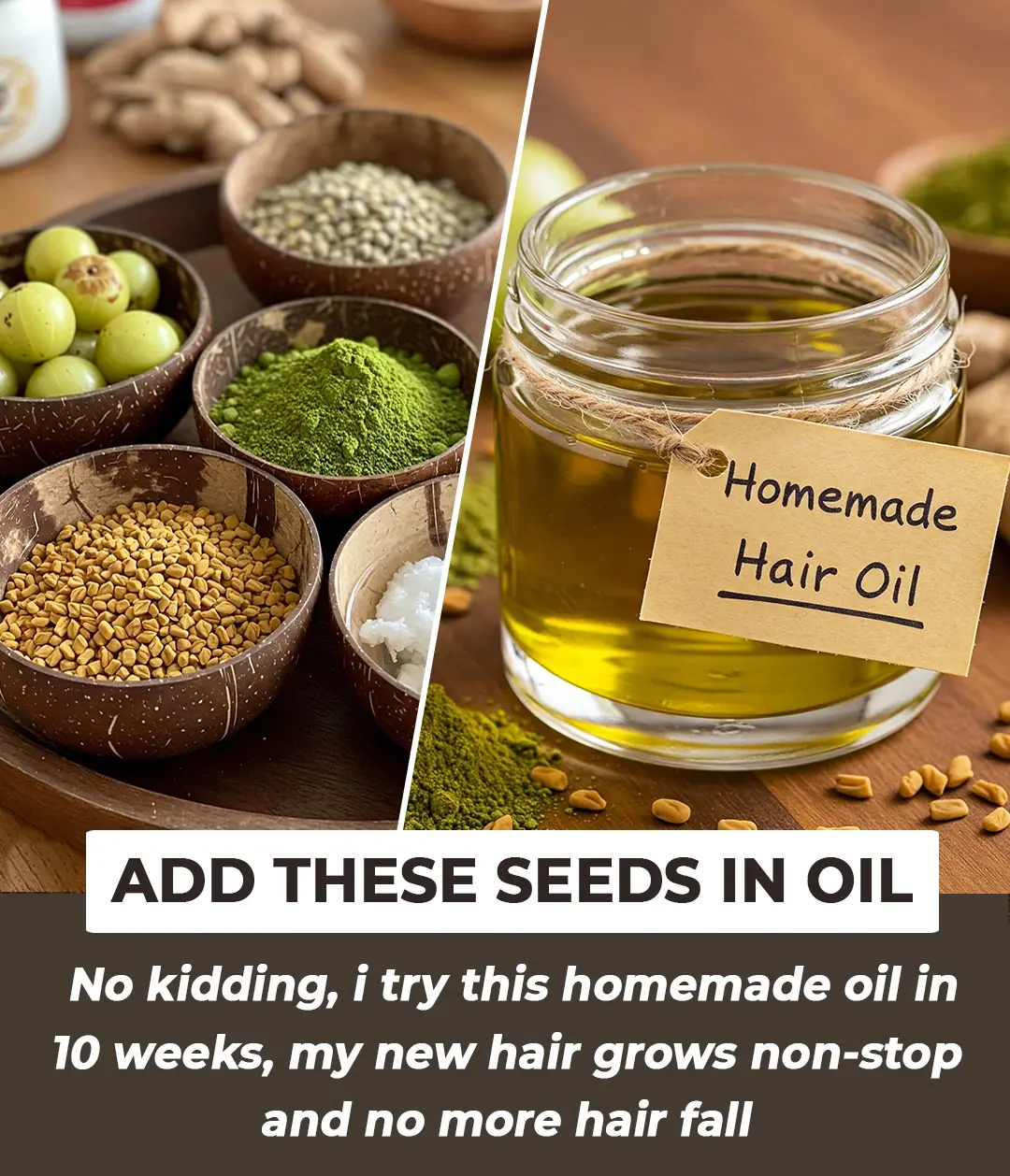
Herbal Remedies for Strong, Lush Hair: Easy Recipe Everyone Can Make At Home
